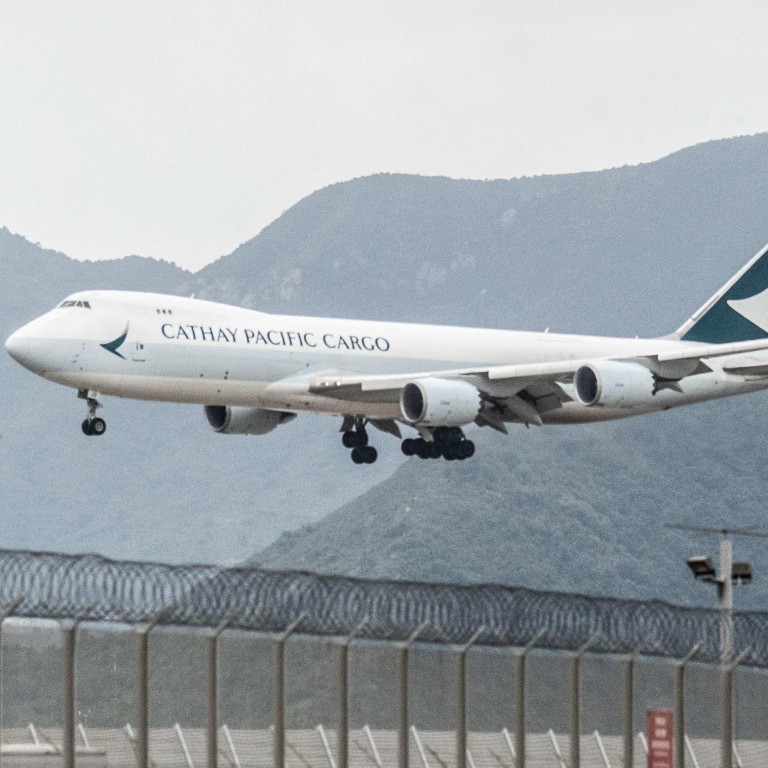
All Hongkongers must now pay the price for Cathay’s quarantine failure
- The city is now braced for a local outbreak of the highly contagious Omicron variant, and responsibility has already been laid at the door of Cathay aircrew who broke isolation protocols.
- This has resulted in an extension of the vaccine bubble and the airline’s suspension of long-haul cargo flights will see higher prices for fresh produce, daily necessities and electrical goods
Hong Kong consumers set to take hit from Cathay cargo flight suspension
Pandemic rules have found Cathay and its aircrew wanting. Non-compliance has damaged the airline’s relations with the government. Chief Executive Carrie Lam Cheng Yuet-ngor, rightly, summoned the airline’s chairman and chief executive to express her “grave concerns” after four aircrew violated home isolation rules. Such irresponsibility is to be condemned. The violations cannot be that uncommon. Cathay should have been more alert to the danger. Anti-virus “closed loop” crew assignments that keep them away from home for weeks, followed by quarantine, would test anyone’s forbearance. That is just one example of the rising collateral costs of a zero-tolerance policy towards the virus. Another is the damage to Cathay’s brand as one of the world’s top air-cargo operators, and to Hong Kong’s image as a cargo hub. Industry players say Hongkongers can expect to pay much more for fresh produce, daily necessities and electrical goods over coming weeks as shipping costs soar due to the suspension of long-haul cargo flights.
Vaccination remains the first line of defence. The February 1 deadline to get at least one jab before going to restaurants, cinemas and gyms appears to lack urgency, even if it allows for advance notice and for trades to adapt. “Before Lunar New Year” sounds flexible and we trust no opportunity will be lost to bring that forward.
The vexing question of why more people are seeking a booster jab than the first shot reflects the resistance that prevails among the unvaccinated, especially the over-80s. Measures that punish the most vulnerable have, wisely, been avoided so far. One government adviser has called for wet markets to be included in the extended vaccine bubble. It would be regrettable if that is what it takes to get people’s attention and boost the inoculation rate.

